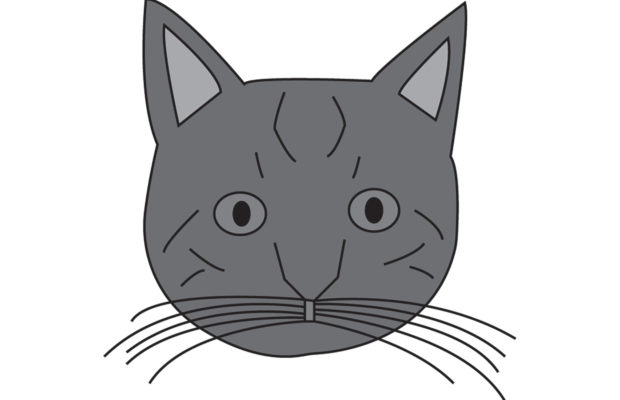Docuseries captures a cat killer

An internet killer is caught, but not by the police. “Don’t F**k with Cats: Hunting an Internet Killer” is one of the newest Netflix true crime documentaries was released on Dec. 18, 2019 on Netflix. In three addicting episodes, it walks the viewer through a Facebook group’s hunt for a man who posted videos of murdering cats. Don’t F**k with Cats has a 8.2/10 on IMDb and a 63% on Rotten tomatoes.
The words to follow contain spoilers and can be disturbing to some readers.
Over winter break, I surfed Netflix more times than I am willing to admit. The trailer for Dont F**k with Cats popped up repeatedly, and I did not consider checking it out until I read the words underneath: “Hunting an Internet Killer.” As a true crime junkie, I had to see what this documentary was about.
However, knowing that it was about cats getting killed, I was very hesitant. Luckily the show only shows parts of the murder videos, but not the actual murder. The first episode out of three was quite sad because of those poor kittens dying, which made me sick.
The cat killer is real. His name is Luka Magnotta, the perfect embodiment of entitled insanity. As an aspiring model and actor, he spent his spare time posting YouTube montages of photos of himself, spreading fake press about himself, and committing heinous crimes that resemble the actions of famous movie killers like in Basic Instinct. After killing a multitude of cats, he eventually killed a man named Jun Lin and filmed it.
Deanna Thompson, who had the alias Baudi Moovin on Facebook, was the primary interviewee and a prominent person in the Facebook hunt for Magnotta. Her genuine, self aware personality as well as her role in this story inspired me to route for her. Thompson and John Green, the other primary Facebook investigator, were the dynamic duo of the investigation, and what they accomplished made me proud of them even though I question why these adults spend so much time on the internet.
Don’t F*** With Cats is a journalistic masterpiece. The sources they interviewed, the quotes, the strict chronological structure, and the cliffhangers at the end of every episode tied me in. It is inspiring as a journalist to see a documentary that is so well done. I got more and more emotionally invested, especially with every instance the Facebook group failed to get through to the police. It seems like nobody listened to them until it was too late.
Unlike this article, there was no disclaimer or trigger warning in Don’t F*** With Cats despite the disturbing video clips, vulgar language, and gory details that were shared. It was rated TV-MA (for mature audiences), but there needs to be a more obvious trigger warning other than the little letters in the top left corner that flash for two seconds.
Thompson closes the film by asking if the Facebook group is culpable for Magnotta’s actions, and if the person watching is culpable. While it is a valid point to address at the closing of the documentary, the delivery came off as cheesy as Thompson pointed at the screen like Big Brother. Instead, the end should have reminded the viewer about Jun Lin, who should be remembered over Magnotta.
The three episode documentary Don’t F*** With Cats got me addicted, emotionally invested, and questioning my life choices. I am still debating as to whether it is morally acceptable to recommend it, so I will finish this review with some words of caution: Watch at your own risk.



